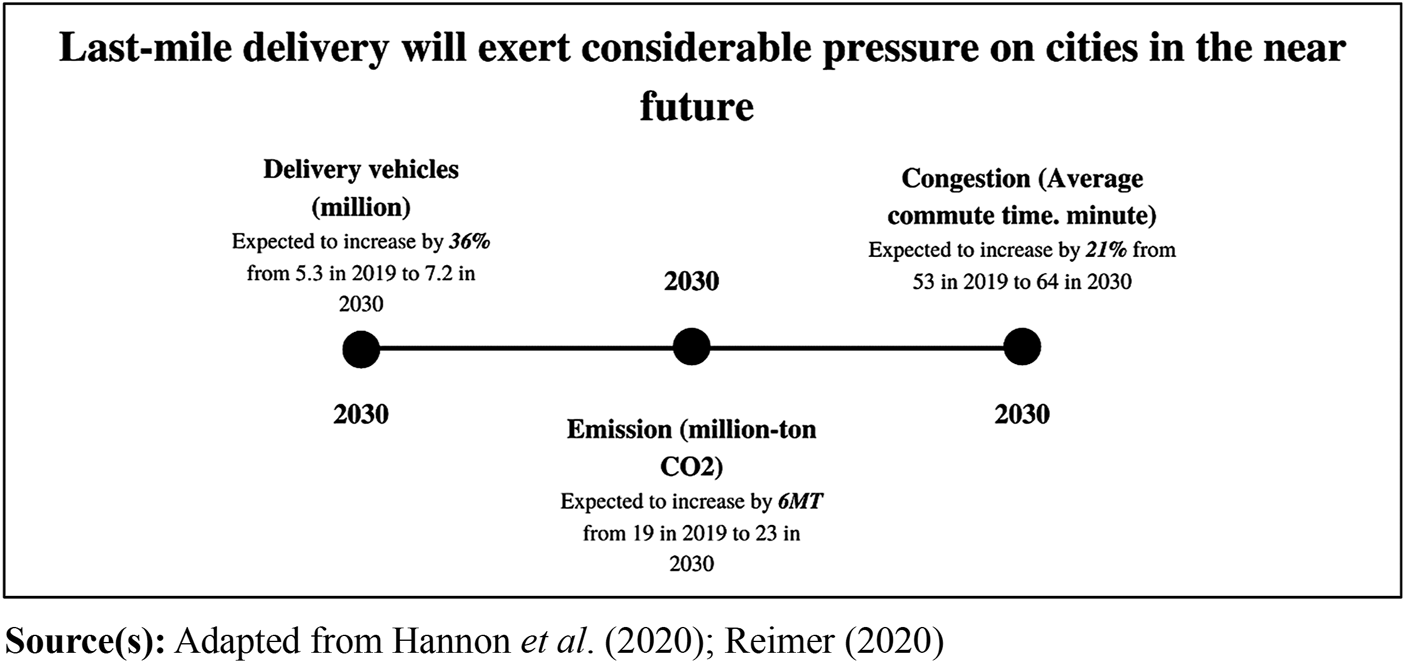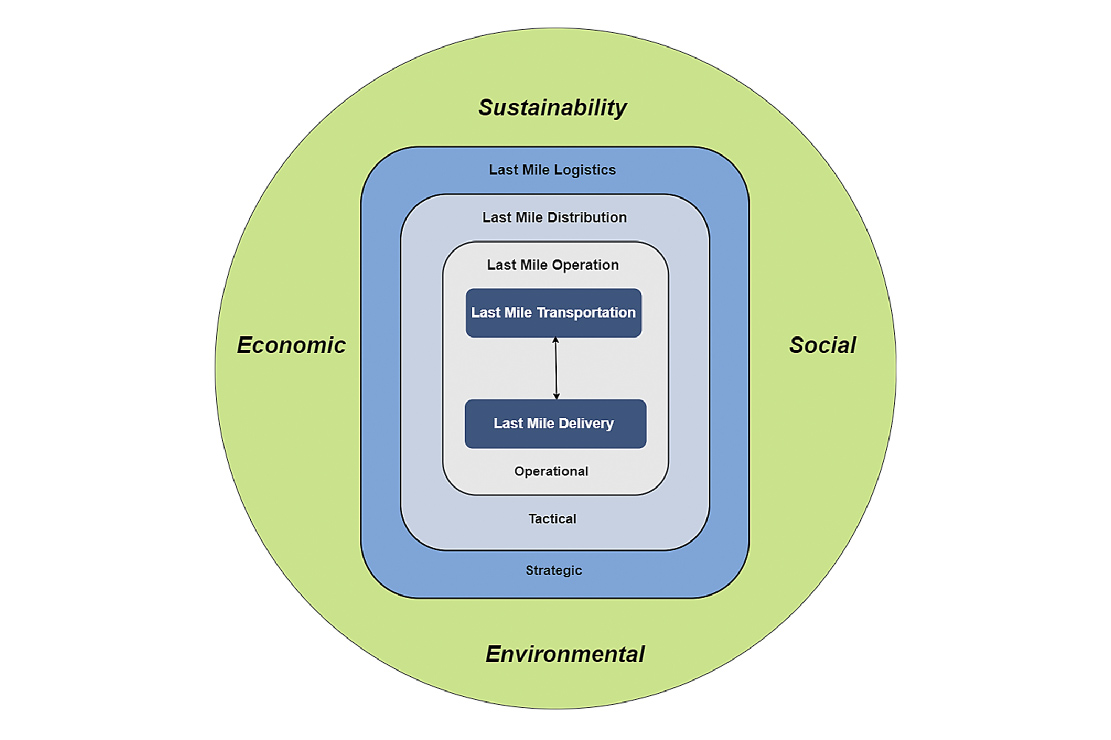Nghiep said that although last mile delivery has become a must-have consideration for businesses, it is globally considered the most pollutant, inefficient and costly component of the supply chain.
“With the ever-growing trade volumes of e-commerce, the number of delivery vehicles in circulation also increased to bridge the last mile towards the consumers.
“This progress, in turn, exacerbated traffic congestion and traffic accidents, air and noise pollution and greenhouse gas emissions.”
“Last mile deliveries have become unsustainable across all three elements of sustainability: economic, environmental and social, and sustainability needs to be the future focus of last mile delivery”, Nghiep emphasised.
The research team noted that the idea of sustainability in last mile delivery is not new, however, most of the work in this area is still focusing on economic benefits over the social and environmental advantages.
“It includes five dimensions - delivery, transportation, operations, distribution and logistics,” he said. “Each of these dimensions is interrelated and possesses their own characteristics. Last mile operations, transportation and delivery are considered operational, whereas last mile distribution is tactical, and last mile logistics is strategic.”
One thing the team noticed is that the practitioners are focusing heavily on the operational level of last mile delivery and paying little attention to the tactical and strategic level of the last mile delivery.
“The fragmentation due to different disciplines and standpoints will be detrimental to the future development of the last mile delivery, particularly during the COVID-19 pandemic and increased e-commerce activities around the world,” Nghiep said.
RMIT Vietnam lecturer and co-author Bill Au said that focusing only on the operation level limits the decision-making processes of the e-commerce businesses and obscures the potential to develop new strategies for the e-commerce industry.
“Therefore, extending the planning and considerations to tactical and strategic level allow e-commerce businesses to understand more clearly the needs and demands of stakeholders.” Mr Au said.






